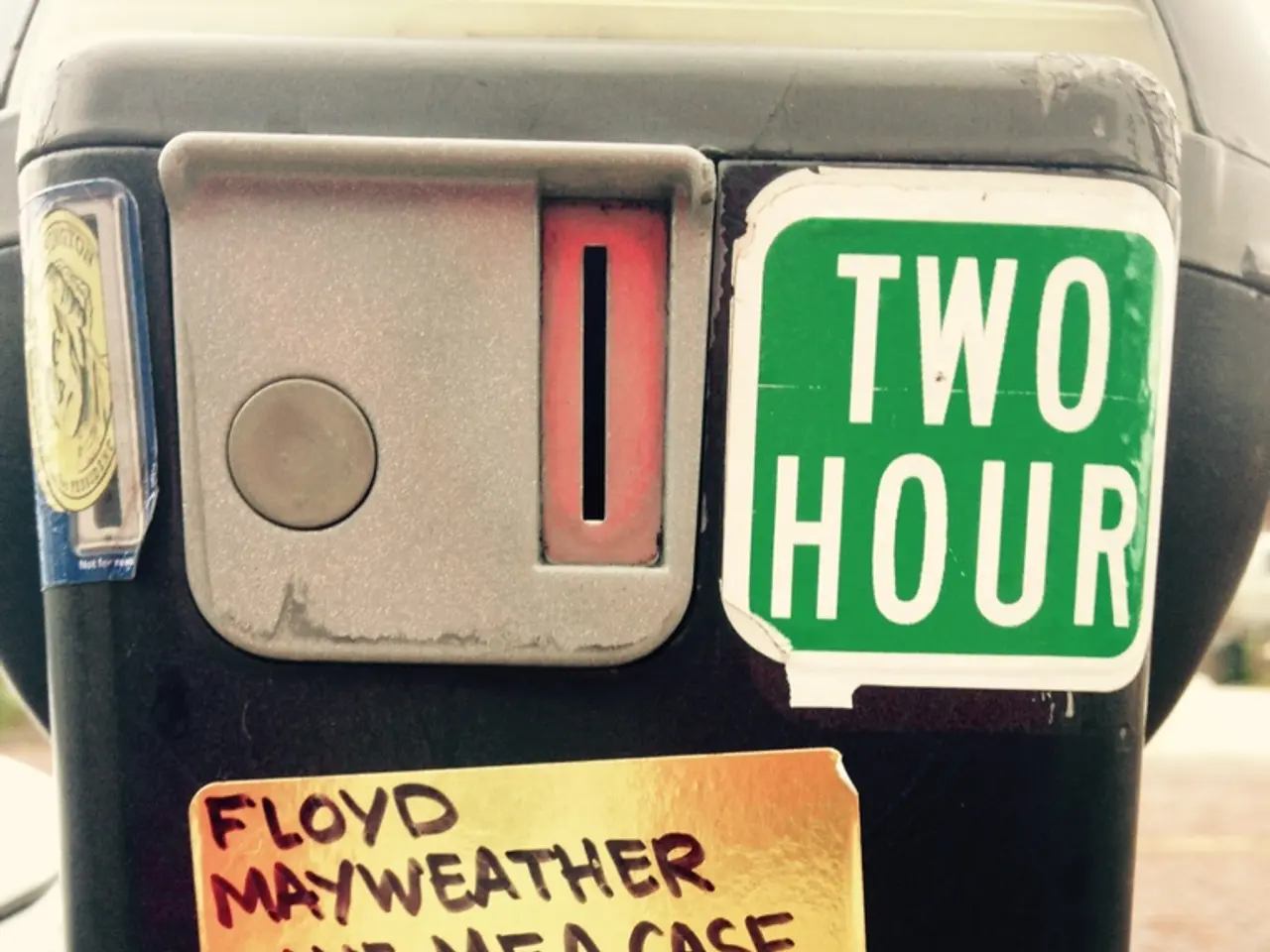Lawmakers in Pennsylvania approve the financing bill for public transport in its final stage, exacerbating the chasm in their budget deliberations.
Pennsylvania Budget Stalemate: House Approves Transit Funding Bill
The Pennsylvania House has taken a significant step forward in the ongoing budget negotiations, giving final approval to a transit and transportation funding bill. The bill, which passed by a vote of 108-95, aims to provide essential funding for mass transit and road improvements.
The bill uses an increased transfer of state sales taxes to generate $293 million in additional funding for mass transit. Notably, it allocates $320 million specifically for SEPTA, a move that has been met with both praise and criticism. Philadelphia Democratic Rep. Ed Neilson defends the bill, stating it is fair to both regions and essential for SEPTA's continued operation. However, Allegheny County Republican Rep. Valerie Gaydos criticizes the bill for disproportionately benefiting SEPTA at the expense of Pittsburgh.
The Senate, which is scheduled to return for its first voting session since July 17, will now consider the bill. Senate Republican leaders argue their budget is responsible and does not require tax increases, while House Democrats demand more funding to meet community needs.
Governor Josh Shapiro strongly supports the bill, stating that mass transit is critical and the time to act is now. He proposes $292 million in new funding for 52 transit systems, emphasizing transit’s critical role in Pennsylvania’s economy and workforce.
The impasse between the Democratic-controlled House and the Republican-controlled Senate, which has gone on six weeks past the constitutionally mandated budget deadline, has forced SEPTA to announce planned service cuts that could affect up to 800,000 daily riders. House Appropriations Chair Jordan Harris criticized the Senate for lacking urgency and failing to provide adequate funding.
Negotiations continue to be complicated due to policy disagreements and budget priorities. Republican President Pro Tempore Kim Ward of Westmoreland County suggests focusing on a partial budget bill for schools, hospitals, nursing homes, and other basic services. However, Republican House Minority Leader Jesse Topper stated that passing a bill that the Senate is unlikely to pass is not the right approach.
The bill also contains hundreds of millions of dollars for road and bridge work. It requires more scrutiny and accountability at Pittsburgh Regional Transit and the Philadelphia area's SEPTA. Lt. Gov. Austin Davis met with PRT to emphasize the importance of obtaining more funding for mass transit.
Seven Republicans also voted in favor of the bill: Reps. Joe Hogan, Shelby Labs, and Kathleen Tomlinson of Bucks County; Tom Mehaffie of Dauphin County; Martina White of Philadelphia; Dane Watro of Schuylkill County; and Craig Williams of Delaware County. All House Democrats, with the exception of Rep. Frank Burns, voted in favor of the bill.
The fate of the bill now lies with the Senate. If passed, it could provide much-needed relief to SEPTA and other transit agencies across Pennsylvania, preventing planned service cuts and ensuring the continued operation of these vital services.
- The transit and transportation funding bill, passed by the Pennsylvania House, aims to generate $293 million for mass transit through an increased transfer of state sales taxes, with $320 million allocated specifically for SEPTA.
- The Senate, facing criticism for lacking urgency and failing to provide adequate funding, will now consider the bill. Senate Republican leaders argue their budget is responsible and does not require tax increases.
- Governor Josh Shapiro, in support of the bill, proposes $292 million in new funding for 52 transit systems, emphasizing transit’s critical role in Pennsylvania’s economy and workforce.
- If passed by the Senate, the bill could provide much-needed relief to SEPTA and other transit agencies, preventing planned service cuts and ensuring the continued operation of these vital services in the transportation industry. The bill also faces political disagreements, with policy discussions and budget priorities playing a significant role in the ongoing negotiations.




